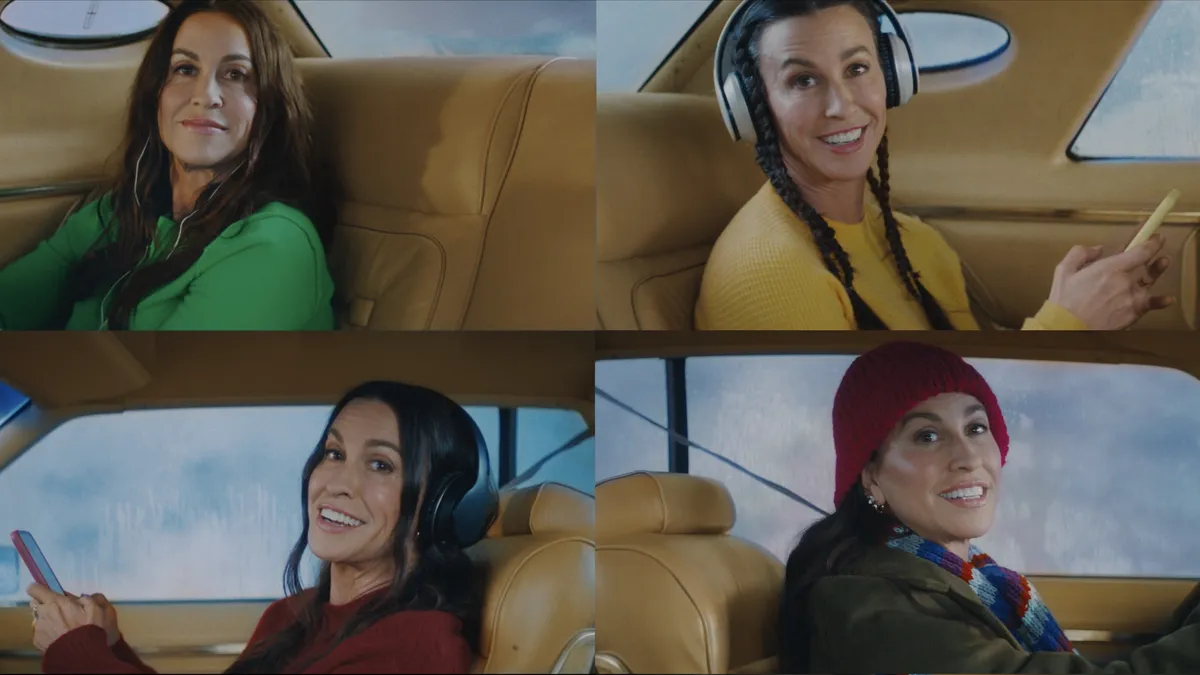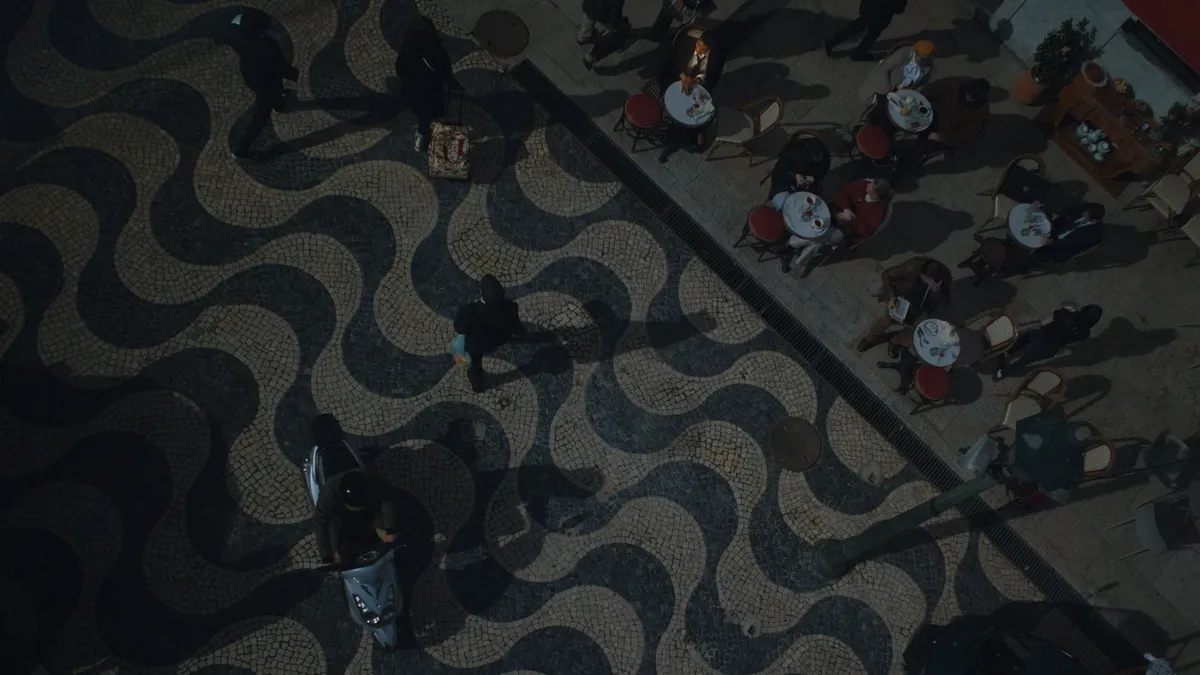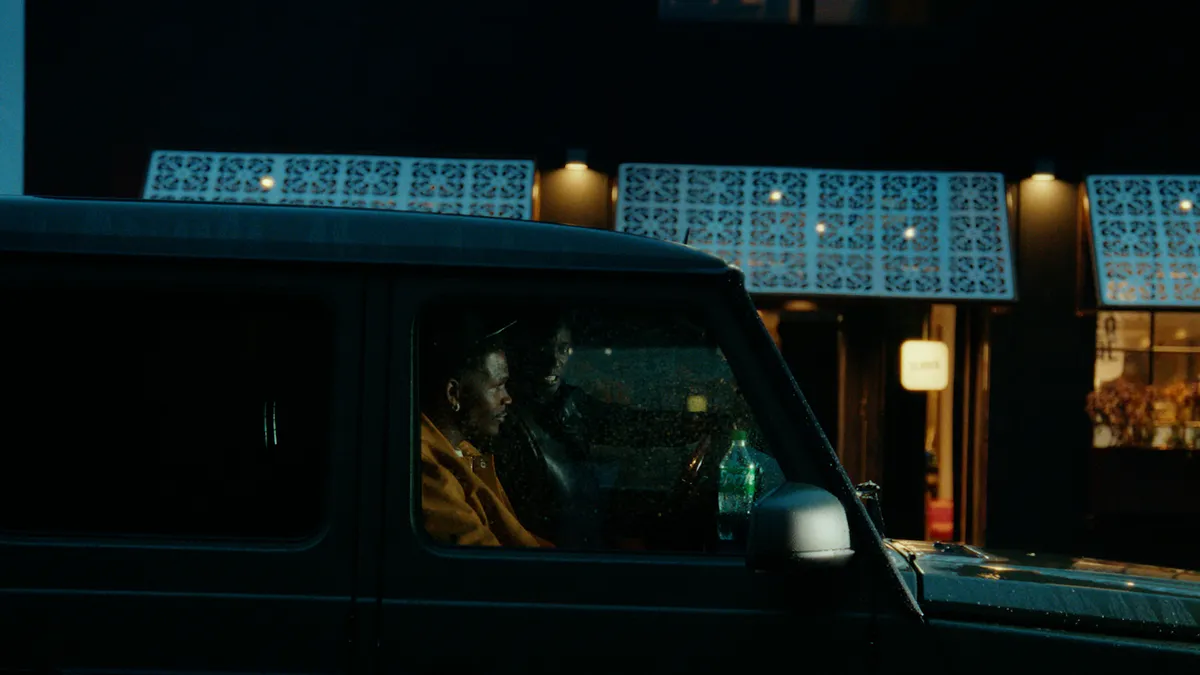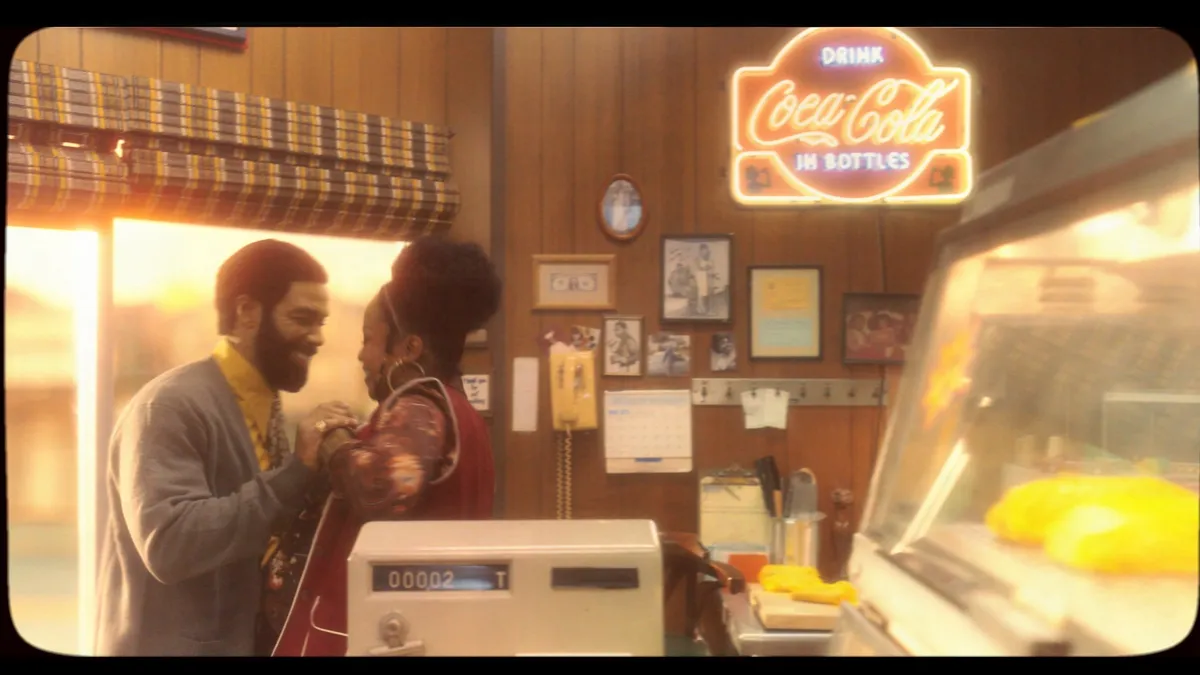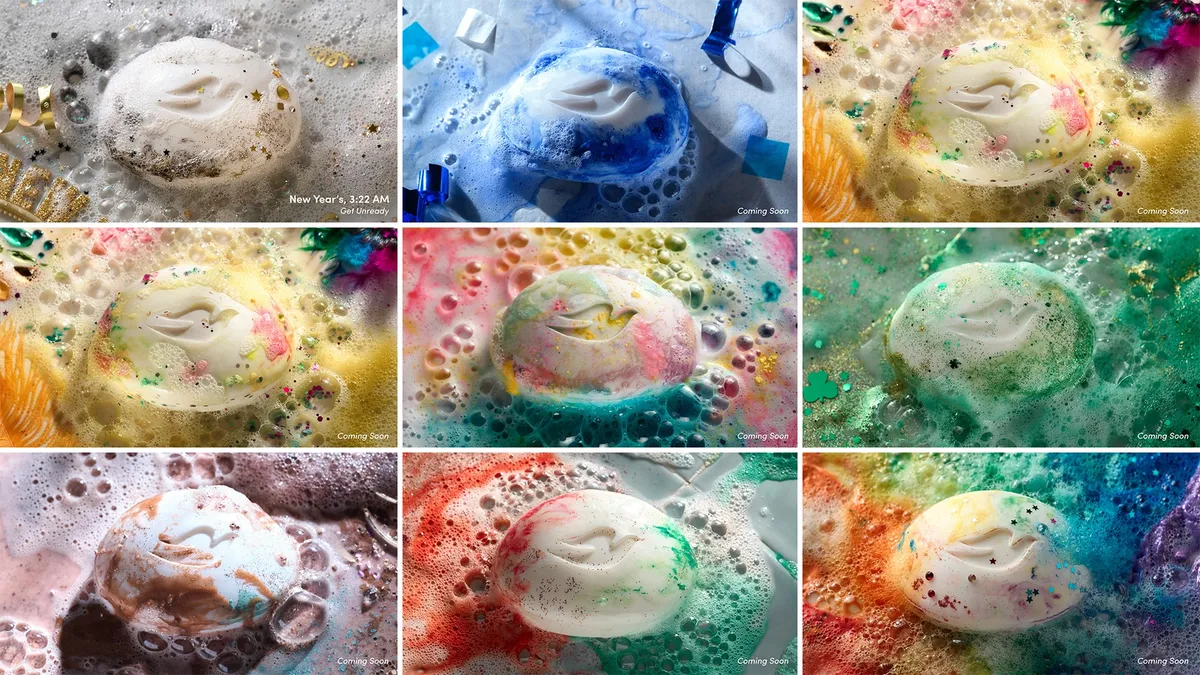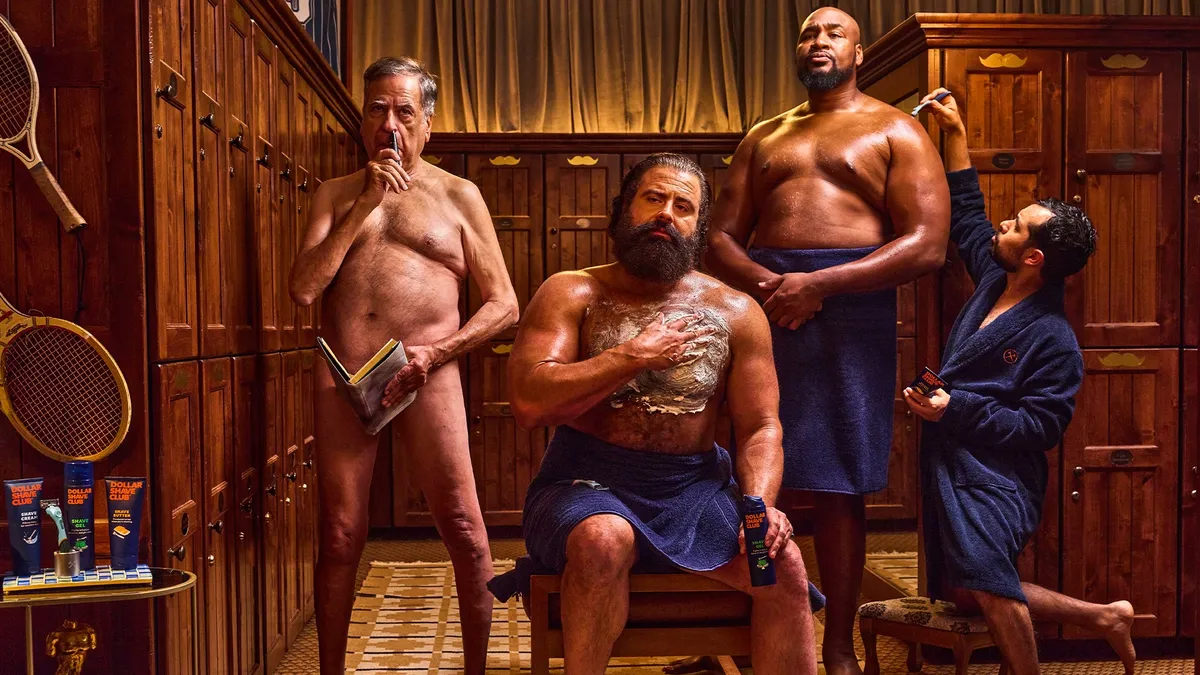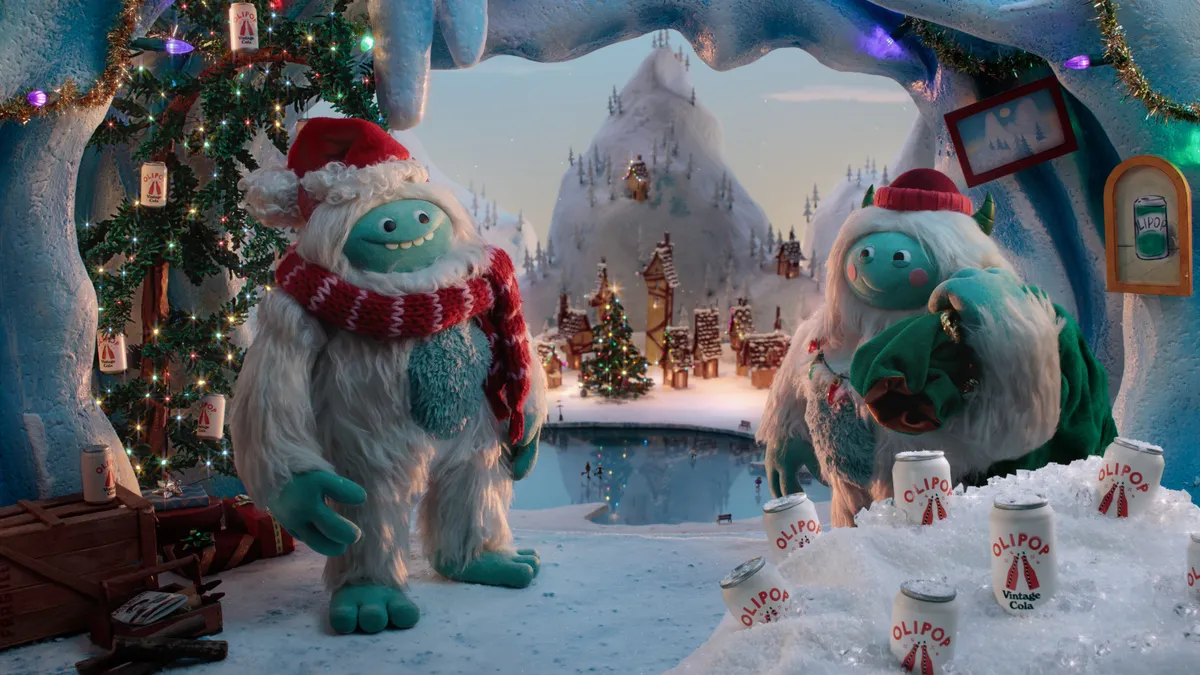Campaign Trail is our analysis of some of the best new creative efforts from the marketing world. View past columns in the archives here.
How people interact with their phones has become a major concern, to the point that overuse of smartphones has been described as an epidemic. UScellular, the fourth-largest wireless network in the U.S., has spent the last few years doing something about it.
“We decided to stand for genuine connection, and stand against constant connection that distracts and divides,” said UScellular CMO Eric Jagher. “We love the technology — we think the technology is fantastic. The problem is when the technology gets out of place, and it prohibits you from connecting to the people around you that really matter most.”
UScellular last year launched Phones Down for 5, encouraging consumers to put their phones down for five minutes, five hours or five days. The company then introduced Us Mode, helping consumers — including those using other network operators — unlock functionality that turns off notifications, alerts and other interruptions. UScellular then partnered with nonprofit Screen Sanity to help parents teach kids about healthier digital habits.
A wireless phone company telling consumers to put down their phones is the opposite of what is expected — the definition of “ironic.” That finding is at the heart of a campaign that launched last month and continues UScellular's efforts to approach the wireless service market as a challenger brand.
In a 60-second ad, Alanis Morissette — the singer-songwriter behind the '90s classic "Ironic" — appears and narrates the ironies of the smartphone age, like a family having a phone-free dinner at a restaurant where the menu is only available via QR code, or various phone-based ironies affecting streaming TV, posting cute moments on social media and listening to music. To amp up the nostalgia, Morissette even recreates the look and feel of the song’s iconic music video.
Created with The Martin Agency, UScellular's agency of record since last year, the 360-degree campaign includes linear and digital video, social including TikTok and Instagram and a sweepstakes that gives consumers a chance to see Morissette perform live.
“The brand suggestion of putting down your phones is a unique one. I don't think a lot of phone companies are even remotely suggesting people to limit their usage,” said executive creative director Ashley Marshall of The Martin Agency. “Somewhere in the conversation, the irony came up of a phone company suggesting that.”
Resurrecting Easter eggs
Bringing together UScellular, smartphone ironies and Morissette is a great fit of brand, campaign and cultural touchstone. But it took The Martin Agency several iterations before landing on the final product.
An early script for the campaign featured "Ironic" with its lyrics rewritten for UScellular's purposes, but as pre-production continued, that approach proved limiting and rewriting the song was taken off the table — a familiar roadblock in the creative process of an ad.
“What are we going to do now? Is the idea dead?” Marshall recalls thinking. “The team went back, and undeterred, found this other approach in which Alanis makes all these observations, just speaking them.”
What unlocked the campaign was the decision to incorporate Easter eggs in the ad in the form of over a dozen references to Morissette's original lyrics, like “Good Advice” pamphlets that haven't been taken, a soaking-wet bride and groom and a bus passenger labeled “Mr. Play It Safe.”
“I always love a constraint that leads to improvement of the work and I think that is pretty evident in this case,” Marshall said. “Those Easter eggs certainly inspire more engagement with with the ad, more talk value, more opportunities to show up on Reddit or the comment section of social media. That's the goal with all ads — just making them feel more social by nature is always my goal.”
A twist on nostalgia
Along with increasing engagement with the ad, the Easter eggs help reignite a debate that happened when “Ironic” became one of Morissette's most memorable songs nearly three decades ago. A phone company not wanting people to use their phones is actually ironic, unlike the countless examples of coincidental occurrences that stretch the meaning of the word “ironic.”
“I hadn't used the word ironic or irony, probably since the mid 90s, when all of the criticism came out about, 'That's not ironic,' and I came to a point where I didn't even know what irony is anymore,” Marshall said with a laugh. “All of that conversation around, 'Is it ironic? Is it not?' only helped the talk value of of the spot.”
UScellular's campaign is far from the first to nod to nostalgia for '90s pop hits; other brands have united boy band veterans and remade classic videos. But in this case, the nostalgia is not just for the song, but for the time that it represents.
“In the '90s, we were more present, we didn't have smartphones and all of the distractions that exist today,” Marshall said. “There is a longing for that connection. It's Pandora's box — we can't put it all back — but demonstrating and highlighting some of the positives of that along with the message is a nice combination and a nice reason to rely on nostalgia in this case.”



